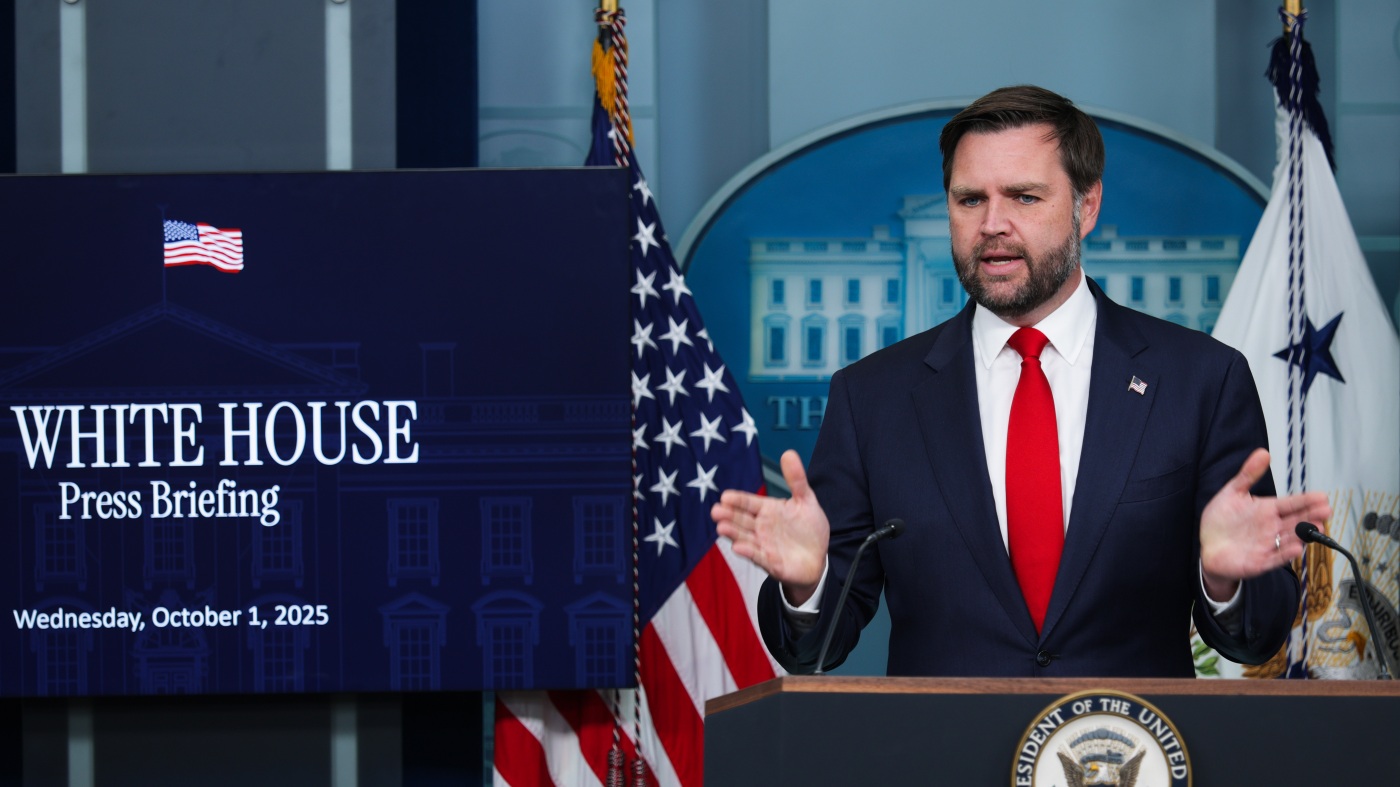On Capitol Hill, a heated debate is brewing over the future of subsidies for the Affordable Care Act (ACA). These subsidies are crucial for about 24 million people who rely on ACA marketplaces for health insurance coverage. As lawmakers clash, the urgency mounts, especially with open enrollment around the corner.
Democrats push for immediate action to extend tax credits that make health insurance affordable. They argue that many individuals and families need this support now. However, Republicans believe there is still time to negotiate, as these subsidies won’t expire until December.
Jon Godfread, North Dakota’s insurance commissioner, emphasizes the risk of inaction. He warns that if lawmakers don’t act before November 1, consumers could face skyrocketing costs come January. According to Godfread, “The window is rapidly closing.” He fears that if the subsidies disappear, families may see their insurance premiums jump from around $800 to a staggering $3,000.
A recent report by KFF, a nonpartisan health research group, indicates that premiums could rise by an average of 114% if these subsidies expire. This trend is concerning, especially for farmers and ranchers in states like North Dakota, where the enhanced subsidies have helped many acquire insurance.
Interestingly, support for extending these tax credits crosses party lines. A KFF poll shows that 78% of voters—including many Republicans—favor continuing the financial assistance for the ACA. This bipartisan backing suggests a potential path forward, even if the negotiation process remains challenging.
While lawmakers grapple with the politics of healthcare, the focus remains on affordability and access. Godfread notes that the insurance markets, like Healthcare.gov, are functioning better now than in the past, thanks to the subsidies. He argues that access to affordable healthcare is non-negotiable, regardless of the broader costs of healthcare and pharmaceuticals.
The urgency for legislative action comes as open enrollment draws near. Many states have prepared two sets of insurance rates: one with the subsidies and one without. If Congress can act swiftly, most states are ready to proceed with the discounted rates.
In summary, as the clock ticks down to open enrollment, the stakes are high for consumers relying on ACA subsidies. The debate on Capitol Hill will determine whether millions can continue to access affordable health insurance. If lawmakers fail to act, the consequences could be severe, impacting both families and the healthcare system overall.
Source link


